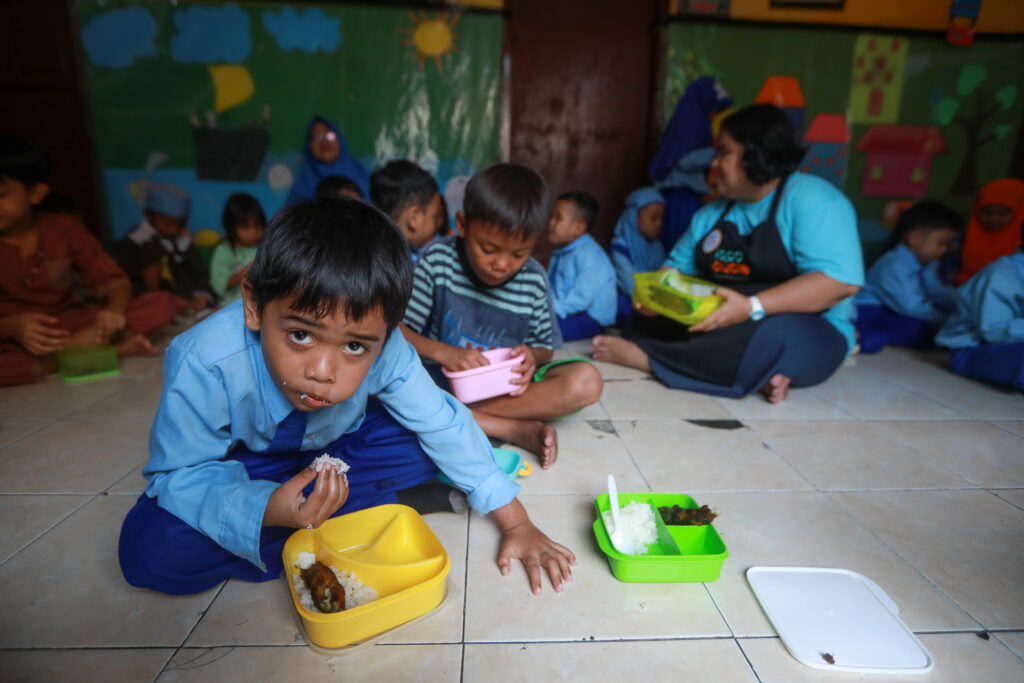Stunting, a condition characterized by impaired growth and development due to chronic malnutrition, remains a major public health issue in Indonesia. Affecting more than 4.5 million children, or nearly 1 in 5 children under the age of five, stunting has long-lasting impacts on both individual lives and national development. It not only limits physical growth but also hampers cognitive and socio-emotional development, trapping future generations in a cycle of poverty.
Several factors contribute to the high prevalence of stunting in Indonesia:
- Nutritional Deficiency: Many Indonesian children lack access to sufficient nutrients during their crucial early years. Insufficient maternal nutrition during pregnancy also exacerbates the problem, as malnourished mothers are more likely to give birth to underweight babies.
- Poor Sanitation: Unsafe drinking water, inadequate sanitation facilities, and poor hygiene practices increase the likelihood of infections, particularly diarrhea, which reduces nutrient absorption and contributes to stunting.
- Limited Access to Healthcare: In rural areas, limited access to healthcare services, including prenatal and postnatal care, further compounds the problem. Many families struggle to access basic health services due to a lack of infrastructure, medical professionals, and education.
- Economic Inequality: Poverty remains one of the root causes of malnutrition in Indonesia. Low-income families often have less access to nutritious food, clean water, and quality healthcare.
- Cultural and Social Norms: In some regions, traditional practices, lack of knowledge about proper infant feeding, and misconceptions about child health hinder efforts to combat stunting.
Affecting more than 4.5 million children, or nearly 1 in 5 children under the age of five, stunting has long-lasting impacts on both individual lives and national development.
While Indonesia has made strides in reducing stunting from 37% in 2013 to 21.6% in 2022, significant challenges remain. Geographic disparities persist, with higher rates in rural and eastern provinces like East Nusa Tenggara and West Papua. Nevertheless, Indonesia’s commitment to tackling stunting, backed by growing public awareness and international support, presents a unique opportunity. By strengthening local health systems, promoting better nutrition, and addressing socio-economic inequalities, Indonesia can further reduce stunting rates and improve the well-being of future generations.
Stunting is not just a health issue; it is an economic and social development challenge that affects Indonesia’s future. Reducing stunting is vital for building a healthier, more productive generation that can contribute to the country’s sustainable development. With a continued multi-sectoral approach, strong political will, and community engagement, Indonesia has the potential to significantly reduce stunting and break the cycle of malnutrition for good.





